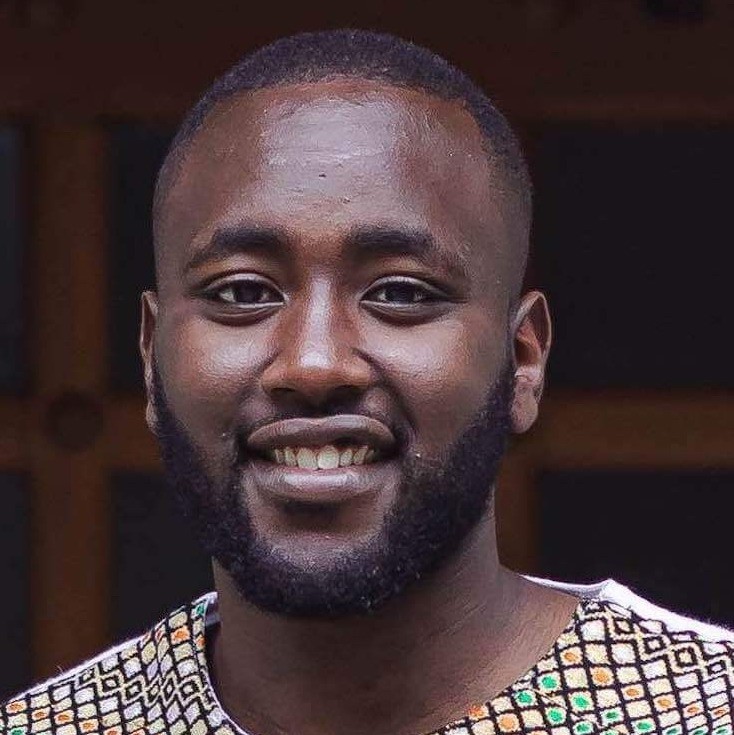What is your educational background?
I attended boarding school in Kenya at Rift Valley Academy for most of my elementary/high school education. In 2013, I moved to Greenville, South Carolina and earned my Bachelors in Physics and Applied Mathematics from Furman University in 2017. Since then I have been pursuing my PhD in Electrical Engineering at Vanderbilt University in Nashville, Tennessee.
What is your current occupation?
I am currently a graduate research assistant at Vanderbilt University. I’m working under Dr. Taylor Johnson at the Institute of Software Integrated Systems. Right now, I’m working on problems related to ensuring that autonomous systems operate safely and function as intended. Specifically I’m applying these techniques to a 1/10 scale autonomous remote controlled car as well as drone applications.
What or who got you into STEM?
I think I’ve always been fascinated with technology. I know my mom always says that I would break so many toys just to see what was inside. Not that I wanted to understand but just wanted to see. I think that curiosity built over time. I also think that I’ve had some good role models throughout my life who showed me what it was like to work in STEM related fields. When I first started university, I actually initially thought that my major would be political science but I met a professor named Dr.William Baker who encouraged me to take some physics classes. After a couple classes, I found that I loved it, and the rest is history. After I graduated he was also instrumental in helping me transition into Electrical Engineering. Along the way, you meet people who inspire you with the cool things they are doing, and it really gets you excited about STEM.
What is the biggest challenge/barrier you have faced as an African in STEM?
I think one of the biggest challenges I’ve faced myself is figuring out how to translate the things I’m thinking about at work into meaningful change back at home. One of the questions I’ve been asking myself is ‘How are the products I’m thinking about creating or helping create leaving out underrepresented communities?’ Beyond that, I think it’s hard to find a community that truly understands my background. I haven’t found a community that I feel like I fit in very well. It can be a very lonely experience going through graduate school like this.
How do you think your background/upbringing has been beneficial in your journey/career?
African’s are incredibly creative people.They have such an innovative spirit and are readily coming up with solutions to their problems. I think there is an innate entrepreneurial spirit that they possess. Often it’s just access to mentoring and capital that prevent them from bringing forth some really incredibly businesses. I think seeing that has always been an inspiration. I’ve been blessed to see people who’ve done some incredible work in spite of great challenges and that’s influenced my drive and spirit. Beyond that I also think that my upbringing has taught me that we can accomplish some incredible things when we come together and that has cemented my belief in community. We are stronger when happiness is shared, when pain is shared, and when we embrace our communities and in my career, I know I’ve been incredibly more effective when I embrace this spirit. The idea of “I am because of all of us” has been huge for me.
How do you think we can start to change the narrative surrounding African contributions
to global STEM research & careers?
I think efforts like this one are incredible. Visibility is huge and sharing our collective stories will help change that narrative. There are a lot of incredible women and men out there and hearing their stories always inspires me. I know my fellow Africans are doing incredible things. Kudos to all you incredible people.
What advice would you like to give to young, aspiring Africans in STEM?
My advice to young aspiring African’s in STEM would be to explore your interests broadly. One of the best pieces of advice I was given was to never feel behind. Accumulating lasting knowledge and experience takes time and sometimes that means performing poorly on tests of immediate progress. Don’t be afraid of failure, rather figure out how to fail fast and learn from the mistakes. Also, don’t be afraid to reach out to those around you. Often one or two conversations can lead to learning or doing something great!
Do you have any projects you’re working on that you would like us to highlight?
We are participating in some robotics competitions that people may be interested in. The first is the F1 Tenth Autonomous Racing competition and the NSF CPS Challenge.
Here are some videos describing them that I’ve been featured in: https://youtu.be/fevOWV0qbu8 https://youtu.be/D0zkDO46w_A





